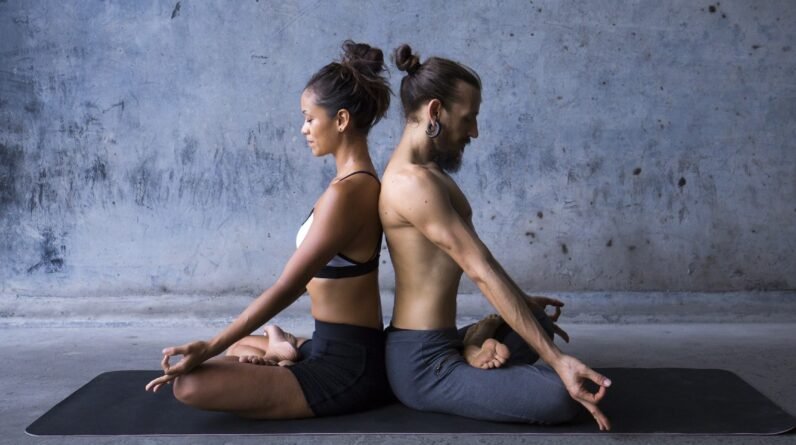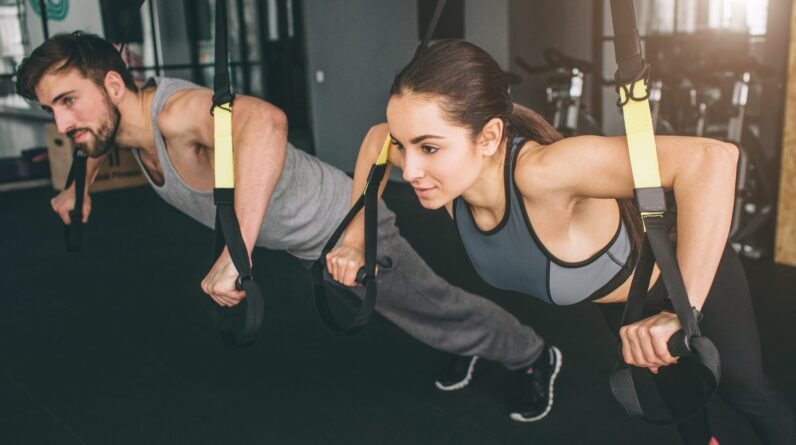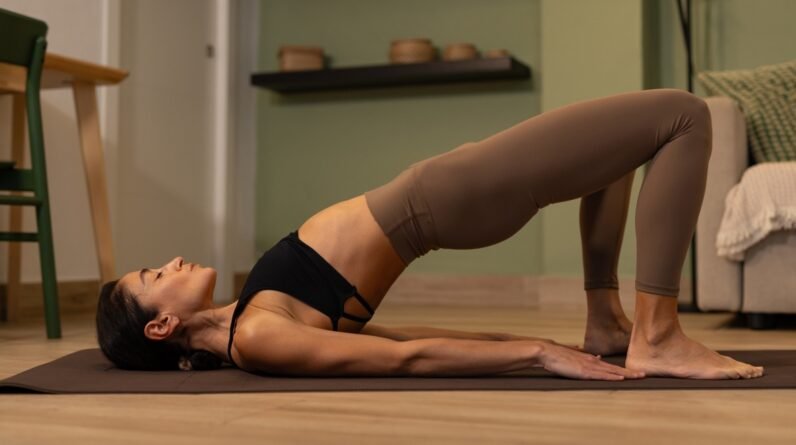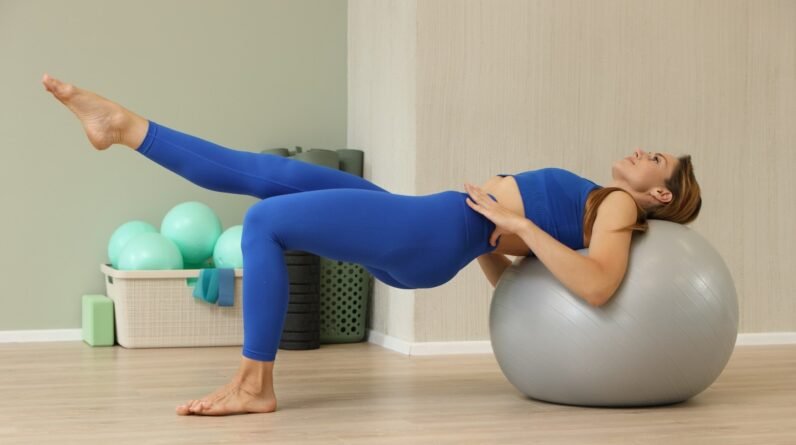
A bad posture can lead to the appearance of a noticeable hump at the back of your neck. These exercises for neck humps can help you fix this.
Thanks to hours spent staring at our computer screens, our posture suffers, and our cervical spines pay the price. Uncomfortable and incorrect postures can often lead to something know as the neck hump. Also known as the dowager’s hump, this is a condition characterised by a noticeable hump at the base of the neck. While technology may be the culprit, there are many neck exercise that you can do in order to get rid of this hump. Adopting these simple and effective exercises for neck hump will help you strengthen your neck muscles, improve your posture, and regain a smooth, beautiful neck.
What is a neck hump?
A neck hump, also known as a dowager’s hump or kyphosis, is a forward curvature of the upper spine that causes a noticeable hump at the back of the neck. Several reasons, including poor posture, weak core muscles, and age-related spinal abnormalities frequently cause it. Poor posture, particularly when sitting or standing for long periods, can place too much tension on the neck and upper back muscles, resulting in muscle weakening and a forward head posture. This can progressively force the spine out of alignment, causing this forward curvature, as per a study published in the Journal of Medicine and Life.

Exercises for neck hump: Does working out help?
Yes, exercise can be very helpful in fixing a neck hump, also known as tech neck, as found in a study published in the Journal of Medicine and Life. These exercises for neck hump specifically target the muscles in your neck, upper back, and shoulders. Strengthening these muscles helps improve posture and counteract the forward head posture that contributes to the neck hump. Plus, stretching exercises increase flexibility in your neck and upper back, reducing stiffness and tension that can worsen the appearance of a neck hump. A strong core provides better overall support for your spine, indirectly improving neck alignment and reducing strain.
Exercises for neck hump: How to fix it?
Here are some easy and effective exercises for neck hump you can incorporate into your fitness routine, as suggested by fitness expert Mahesh Ghanekar.
1. Chin tucks
- Stand or sit tall with your shoulders relaxed.
- Tuck your chin towards your chest, as if creating a double chin.
- Hold for 5 seconds, then return to the starting position.
- Repeat 10-15 times.
2. Shoulder blade squeezes
- Sit or stand tall with your shoulders relaxed.
- Squeeze your shoulder blades together as if trying to pinch them.
- Hold for 5 seconds, then release.
- Repeat 10-15 times.
3. Neck rotations
- Sit or stand tall with your shoulders relaxed.
- Gently rotate your head to the right, then to the left.
- Repeat 10 times in each direction.
4. Neck tilts
- Sit or stand tall with your shoulders relaxed.
- Gently tilt your head to the right, bringing your ear towards your shoulder.
- Hold for 5 seconds, then return to the starting position.
- Repeat on the left side.
- Do 10 repetitions on each side.
5. Wall slides
- Stand with your back against a wall, heels about 6 inches away.
- Slide your back up the wall until your head, shoulders, and buttocks are touching the wall.
- Maintain this position for 30 seconds to 1 minute.
- Repeat 5-10 times.
6. Foam roller back massage
- Lie on your back with a foam roller positioned under your upper back.
- Gently roll back and forth on the roller, focusing on any tight or tender spots.
- Continue for 5-10 minutes.

7. Pec stretch
- Stand in a doorway with your arms extended at shoulder height, palms facing forward.
- Step forward with one foot, leaning into the doorway to feel a stretch in your chest.
- Hold for 30 seconds, then switch sides.
- Repeat 2-3 times on each side.
8. Upper back stretch
- Sit or stand tall with your shoulders relaxed.
- Interlace your fingers behind your back and lift your arms up, gently arching your back.
- Hold for 30 seconds, then release.
- Repeat 2-3 times.
9. Thoracic extension
- Lie face down on a bed or table with your chest hanging off the edge.
- Relax your arms by your sides.
- Gently allow your chest to hang towards the floor.
- Hold for 30 seconds, then return to the starting position.
- Repeat 2-3 times.
Note: Remember to consult with a healthcare professional before starting any exercises for neck hump, especially if you have any underlying health conditions.
Possible risks of exercises for neck hump
While generally safe when performed correctly, exercises for neck hump can have some potential risks attached to them:
- It is common to experience some muscle soreness after starting or increasing the intensity of any new exercise routine. This usually subsides within a few days.
- Some exercises may temporarily aggravate your symptoms if you have any underlying neck, shoulder, or back problems.
- Improper form or pushing yourself too hard can lead to muscle strains, sprains, or other injuries.
If you experience any concerning side effects, such as severe pain, numbness, or weakness, stop exercising and always consult with a healthcare professional.
You may also like


Related FAQs
When is the best time to practice exercises for neck hump?
It’s best to practice exercises for neck hump at a time when you can focus and maintain good posture. This could be in the morning before your day gets busy or in the evening after you’ve finished your work and can relax.
How do you sit to avoid neck humps?
To avoid neck humps, sit with your back straight and your shoulders pulled back. Keep your head level and avoid looking down at your phone or computer screen for extended periods.







